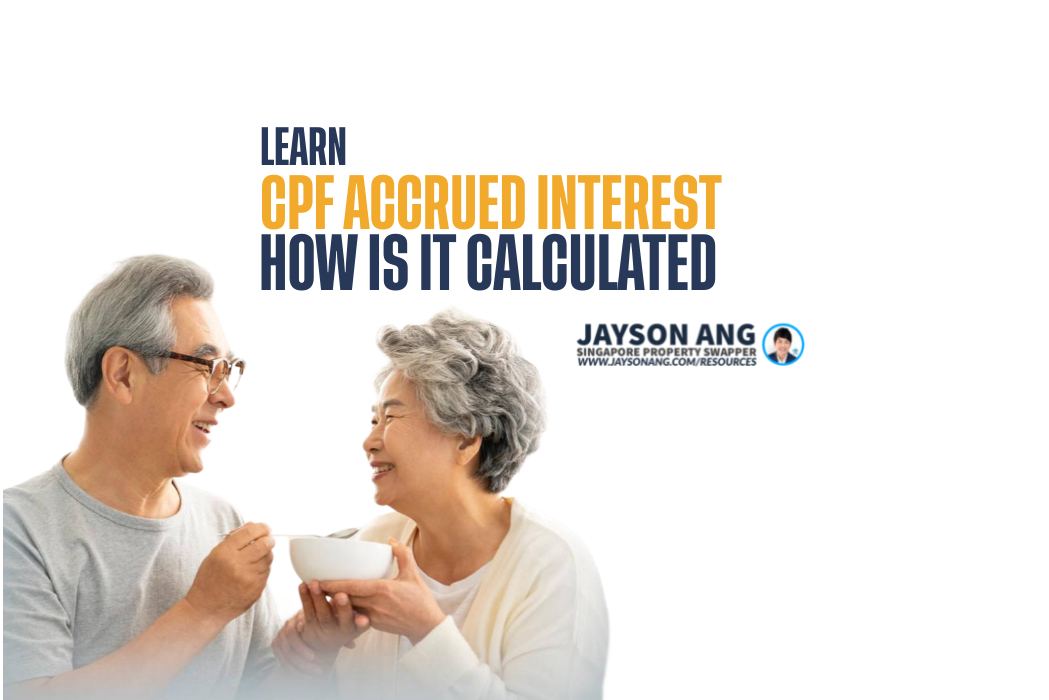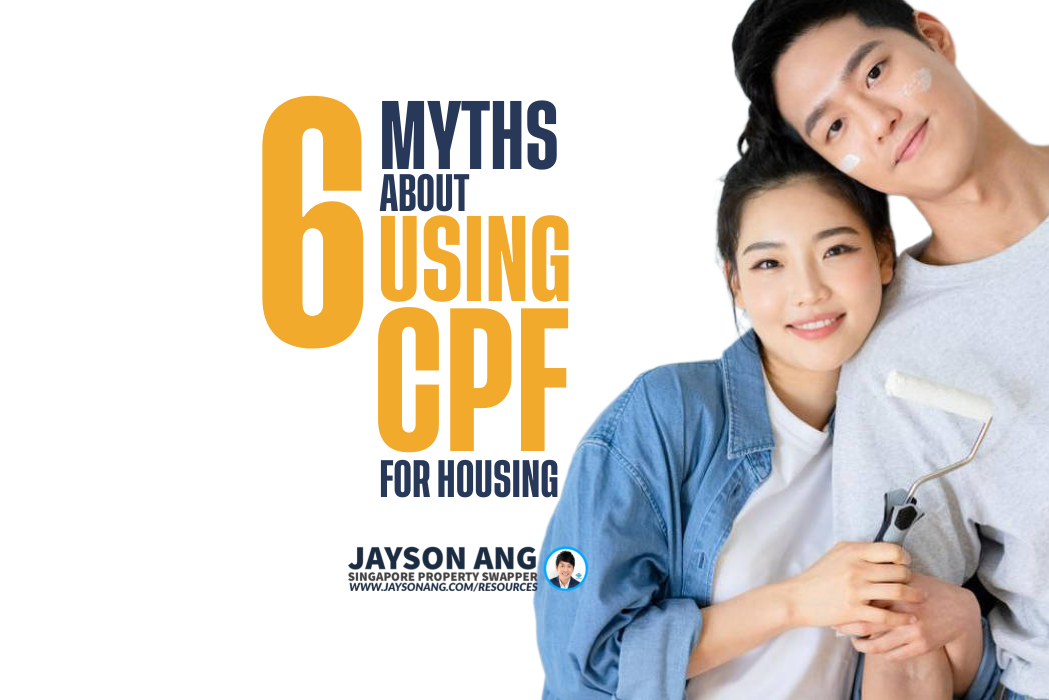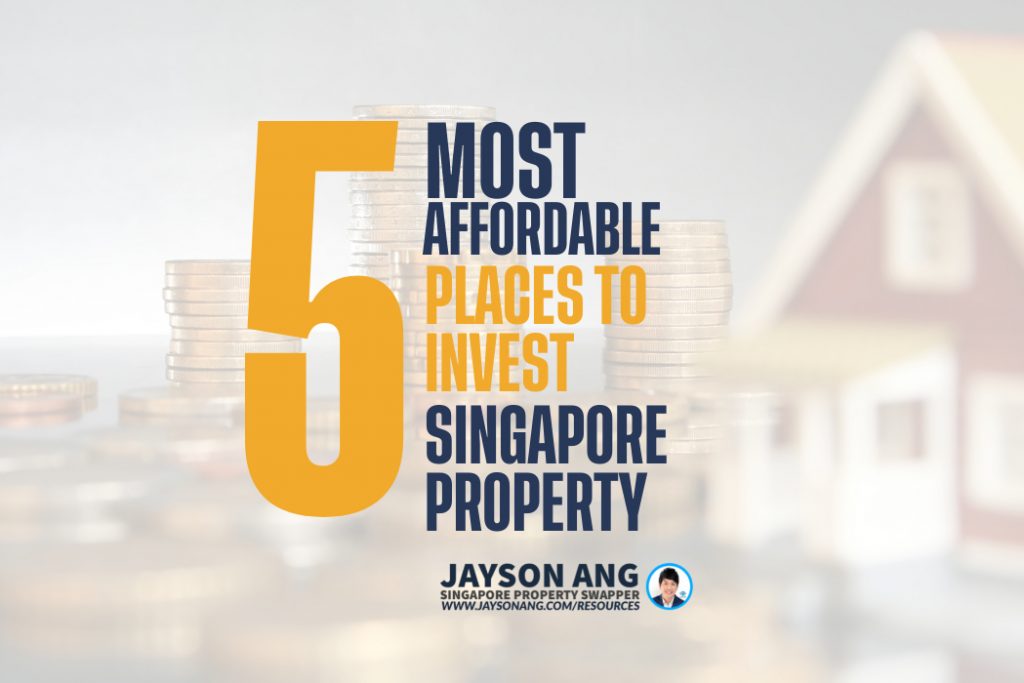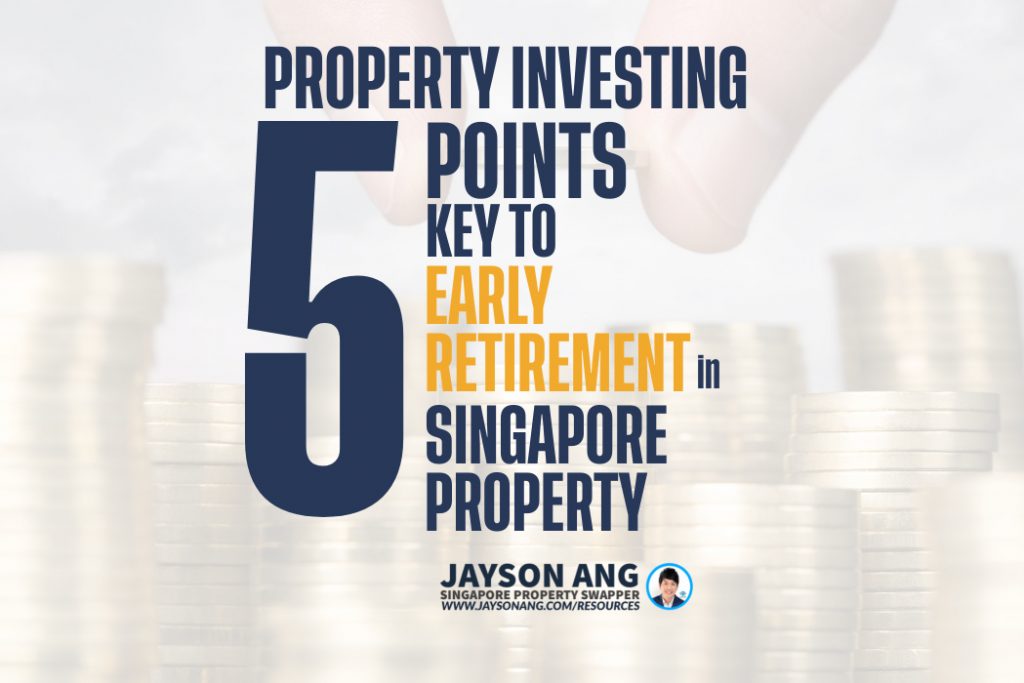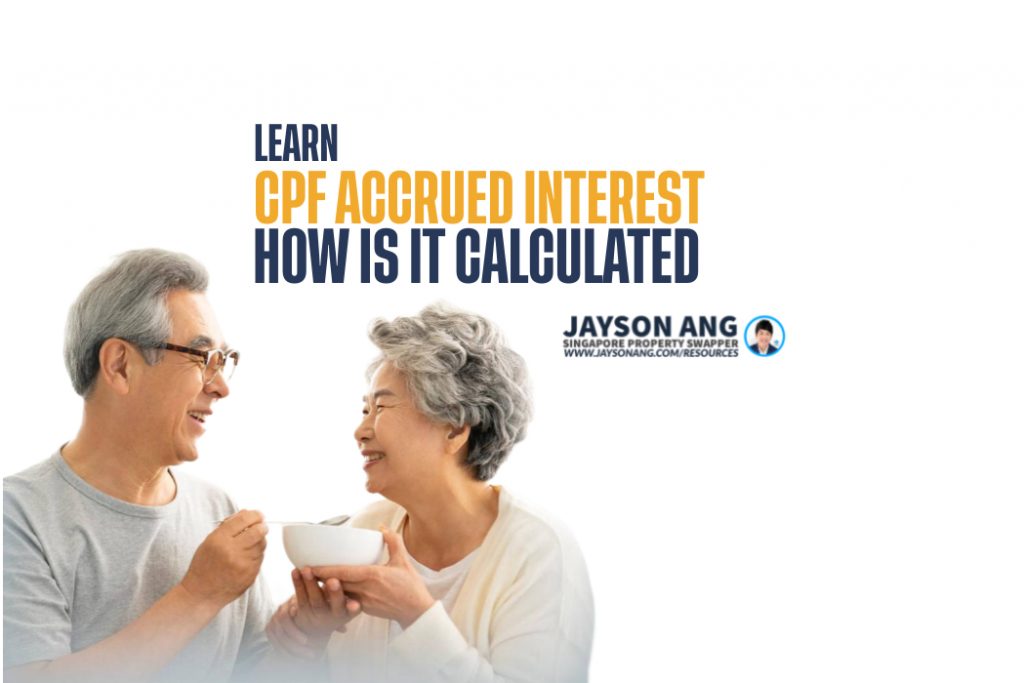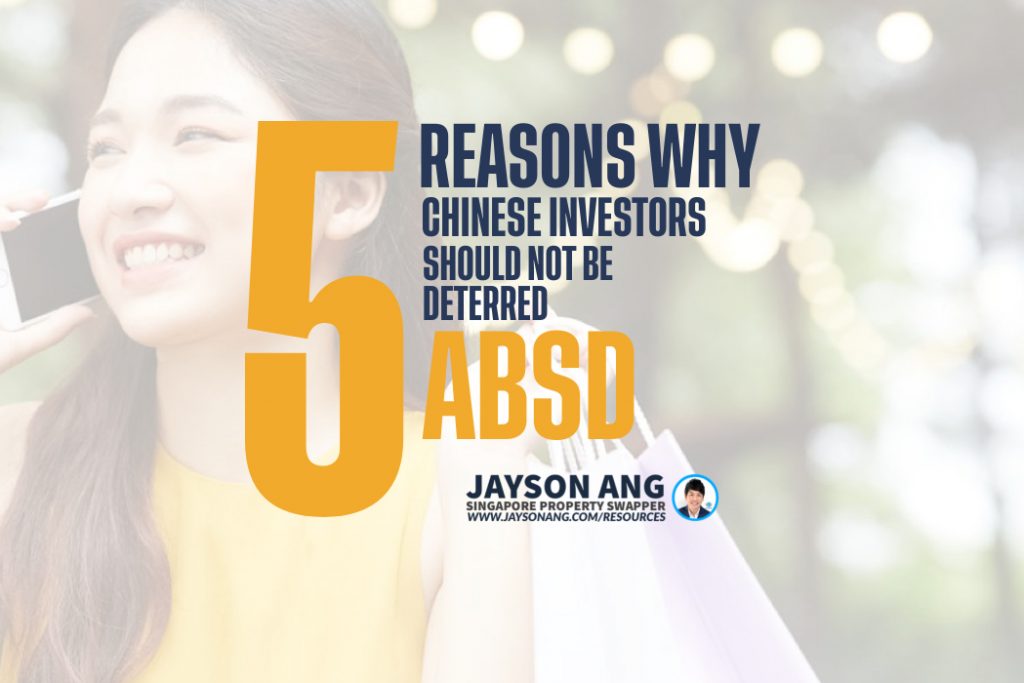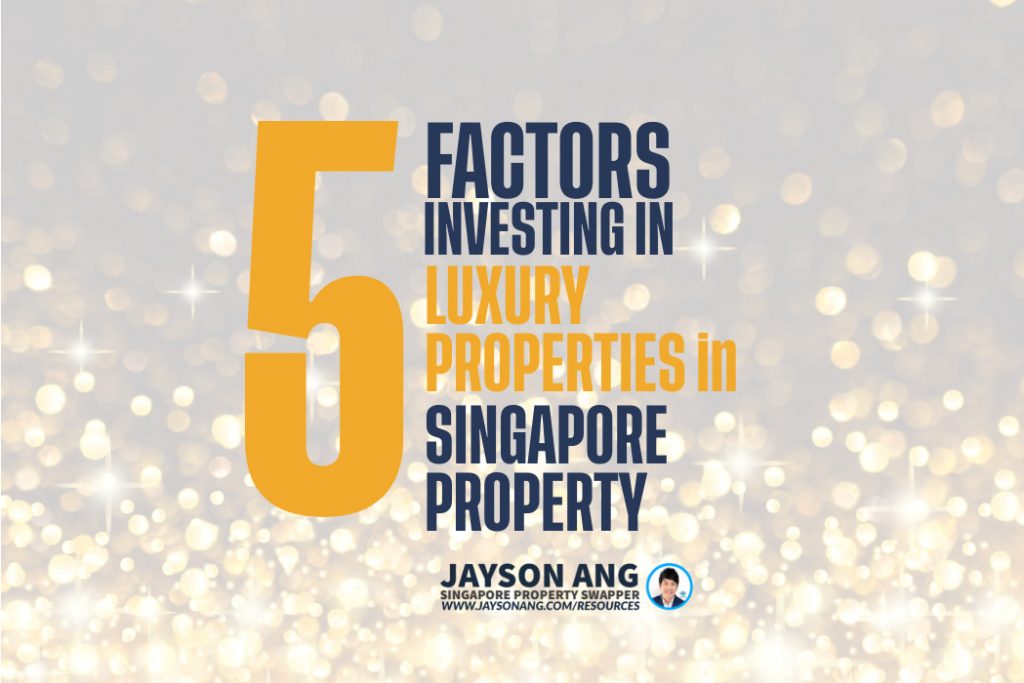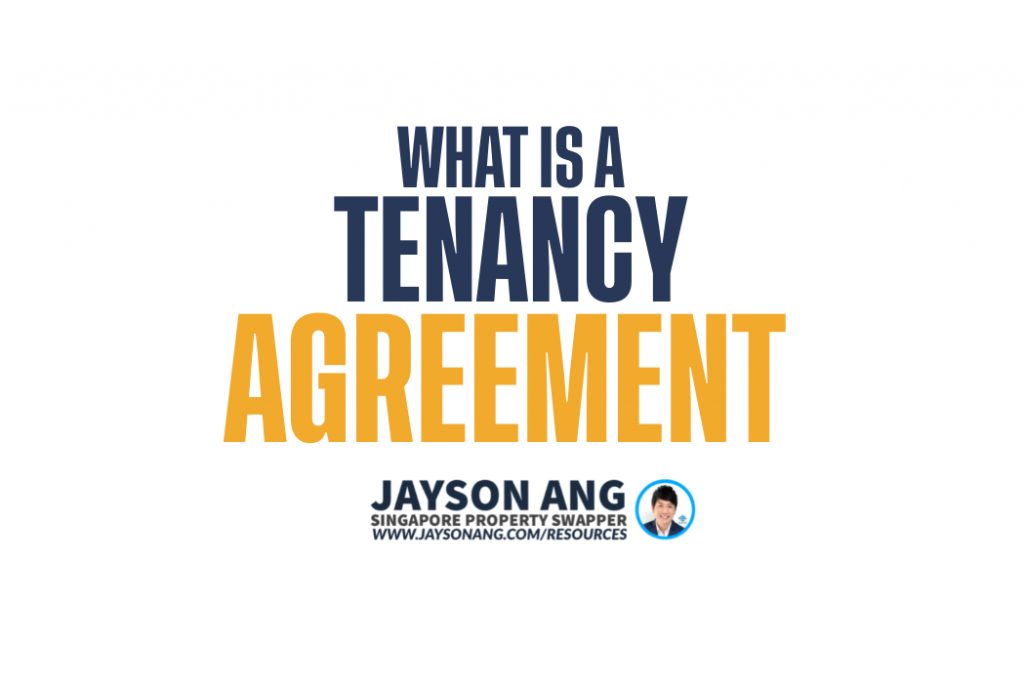TLDR
Understanding the CPF accrued interest on housing loans is crucial for Singaporean homeowners. When using CPF funds to finance a property, repayment includes the principal amount borrowed plus accrued interest at 2.5% annually. Paying off the amount earlier can minimize interest charges. Proceeds from property sale cover the CPF funds owed. Consider the implications carefully before tapping into your CPF for real estate financing.
Calculate the amount of CPF accrued interest you owe on your housing with ease! Learn what it is and how to calculate it in this article. Get the insight you need to understand and manage your CPF.
Unless you’re incredibly wealthy or have previously purchased and sold a property, most of us have likely used our CPF Ordinary Account funds to finance our home.
Even though it seemed ideal in the beginning, we now have to pay it back when we sell our house – talk about scary! So, exactly how much do we owe?
Complaining about having to part with a portion of our income for our CPF is almost a rite of passage for Singaporeans. However, this money in our CPF can be extremely useful in times of need, such as for our children’s tuition fees or paying off insurance premiums.
Home ownership is also a common goal for Singaporeans, and a lot of us put a large portion of our finances into financing a house.
Whether it be for the lump sum payment, monthly mortgage or a housing grant, eventually all of it has to go back into our CPF accounts once we sell our property.
Just consider the government your loving and wise parents. If you have borrowed funds to purchase your house, make sure to return the money plus interest to guarantee you have enough to live on in your retirement.
What Is The Purpose Of CPF Accrued Interest, And How Can It Benefit Me?
When you use your CPF OA funds to purchase a property, you’ll have to return the same amount to the account when it’s sold – but the silver lining is that you get to access this money that would otherwise have been locked away.
Although, you must remember that there’s an accrued interest on top of the amount that must be repaid, instead of the savings that could have been earned without tapping into the CPF for your house.
If you’ve been under the impression that housing grants are “free money”, it’s time to face the facts: you’ll still need to pay back the grant sum that was put towards the purchase of your house, straight into your CPF OA.
What CPF Funds Do I Need To Return?
No matter how you have used your CPF funds to finance your house, you must reimburse them back to your CPF accounts; this includes:
- Initial downpayment for HDB flat/private property
- Stamp duties and legal fees
- Monthly housing loans and lump sum payments
- Housing grants received
- Renovation and repair costs (for private properties only)
- Home protection scheme premiums (for HDB flats only)
- Accrued interest for all the above
How Much Do I Need To Pay?
You must pay back your CPF accounts the principal amount you borrowed to finance your house, plus the interest accrued at the OA’s annual rate of 2.5%. This interest rate is calculated monthly and compounded yearly.
Calculate the compounded interest every year from the time you withdrew the funds until you sell your property. But, you may opt to pay back some or all of the principal amount before then, and in so doing, you can minimize the interest charges which would accumulate until the sale.
Should you be selling a home, you must repay the full amount of CPF funds if the sale proceeds exceed it. However, if the proceeds are insufficient to cover the CPF amount, you do not need to make up the difference, so long as the house is sold at market value.
Any option fees received in cash by the buyer must be returned to their CPF account, and are considered part of the sale proceeds.
You don’t have to struggle with a ton of numbers to figure out the accrued interest amount; just log in to the CPF Online Services to view it under ‘My Statement’ – it’s that simple!
How Do I Pay Off Grant Money?
Once the property has been sold, the proceeds will be used to cover the amount due and the accrued interest to your CPF account.
If the amount isn’t sufficient, no worries; you won’t have to make up the difference.
Most of the grant money put back into your CPF will go into your Ordinary Account (OA).
If the grant is more than S$30,000, the funds will be directed to your CPF Special Account (SA), Retirement Account (RA) and Medisave instead of your OA.
When Can I Pay Back The CPF Funds?
When you sell your property, you must pay back the CPF funds. But you can opt to do it earlier on a voluntary basis, without any extra fees – unlike other home loan arrangements such as a home equity loan. Paying it off sooner is a wise decision, as you’ll avoid accruing more interest with time.
It’s easy to get a refund on any amount of your CPF OA – either partially or completely! The maximum amount you can refund is the principal amount with the accrued interest.
Unfortunately, you can’t top up your OA if the amount is higher than the principal amount you used to finance your home.
So, head to the myCPF mobile app or submit your application online to get started!
Case Study A: Mrs Ang
For a clearer perspective, let us explore the cases of two different individuals. Mrs Ang is one of them, who tapped into her CPF Ordinary Account for a sum of S$150,000 to pay off her housing loans.
On top of that, the government rewarded her with an Enhanced CPF Housing Grant (EHG) of S$50,000 in January 2021.
After the minimum occupancy period (MOP) of five years, she decides to put her house on the market in January 2026. With an accrued interest of 2.5% per annum compounded yearly, she will need to calculate how much she needs to pay back to make a profit.
CPF Accrued Interest
Case Study B: Mr Lim
In January 2021, Mr Lim used S$500,000 of his CPF funds to pay the lump sum of the house, and received no grant.
Despite moving out after five years, he voluntarily refunded his CPF funds after two years (in January 2023) to avoid racking up interest.
This meant that the interest accrued was only calculated for two years, so Mr Lim had to pay accordingly.
Is CPF Ordinary Account Still The Optimal Way To Finance My Real Estate Purchase?
Many may feel inclined to dip into their salary and savings to finance their mortgage or down payment for a house, yet we strongly advise against it.
Sure, it may save you 2.5% in accrued interest, but using your CPF funds opens the door for further investments that can generate more than 2.5%, allowing you to build your wealth in the long run.
Nonetheless, if you are self-employed and lack significant funds in your CPF Ordinary Account, then you may have no choice but to stick to cash as the go-to source.
Looking to Sell Your Property?
-
Are you approaching the Minimum Occupation Period (MOP) of your HDB apartment or has the Seller Stamp Duty (SSD) window of your condo already passed?
-
It is always advantageous to have an understanding of the potential returns if you were to put your property up for sale. Additionally, you need to ascertain if your gains will enable you to upsize to the dream home in the neighbourhood you and your family have been longing for.
-
For an easy and reliable way to get a free Property ValuationProperty Valuation, just send me a request!
-
If you’ve got a property-related story that you’d like to share, don’t hesitate to drop me a message and I’ll get back to you!
-
Alternatively, you can send me a DM and I’ll reach out to you
You May Also Like …

